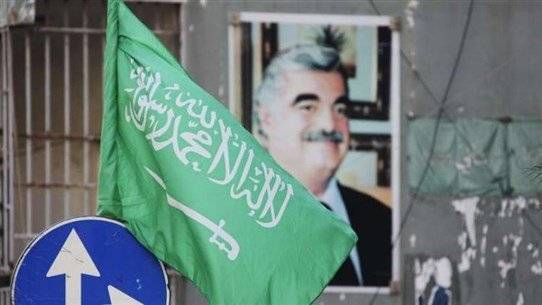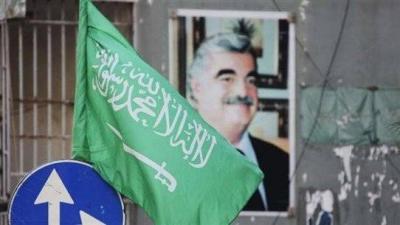Saudi Arabia did not hesitate to engage in the presidential election process, unlike the situation preceding the election of President Michel Aoun in 2016. The ambassador Walid Bukhari's activities, following the French-Saudi meetings in Paris, have initiated a clear push for a presidential solution, reaffirming Riyadh's role in Lebanon and signaling that it will not vacate the field, but rather take the initiative.
Bukhari sends a clear message to everyone he meets that the presidential election must occur on time, emphasizing respect for the constitution and the Taif Agreement, at a time when some forces do not hesitate to assert that it is time to amend Lebanon's political system.
The same position was expressed in Klemansou and Maarab, as what Saudi Arabia wants from Lebanon today is the restoration of the state so that the Arab world and the international community can engage with official entities and provide the necessary assistance to help Lebanon rise and emerge from its crisis. There is no room for cooperation with a corrupt state, just like the one controlled by Hezbollah and the March 8 forces.
While Bukhari did not address any names in his meetings in any way, he was clear in rejecting any presidential candidate from the March 8 bloc. However, does this mean that Riyadh will support a candidate from March 14? A high-ranking political reference states that the primary characteristic the kingdom desires in the new president is "moderate consensus," explaining that what is needed is "a consensual yet sovereign figure."
Thus, the kingdom will strive to unite the sovereign forces in the country and the "change" groups, if possible, despite the challenges due to the existing disagreements, especially between the Lebanese Forces and the Progressive Socialist Party. The latter insists on a consensus-seeking president, while the former wants a president who will confront the resistance axis. Perhaps the proposal of "moderate consensus" could be the middle ground between the two to arrive at a single candidate representing all sovereign and "change" forces.
The Saudi movement is set to face a crucial moment on Saturday, the 24th of this month, following a meeting of Sunni deputies at Dar al-Fatwa, which could serve as a lift for the Saudi option and a significant pressure tool in determining choices. Therefore, neither March 8 nor March 14, and thus Riyadh will not engage in the battle with a candidate of challenge, but will remain open to a settlement that enables the achievement of the election with a reformative figure capable of rescuing the country, provided that it is of a sovereign nature.
International and regional communications are ongoing, and the meetings held in the corridors of the United Nations are strong evidence of what the upcoming months may bring for Lebanon, especially with the meeting between French President Emmanuel Macron and Iranian President Ebrahim Raisi.




